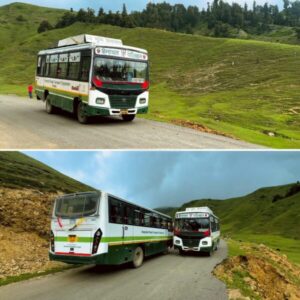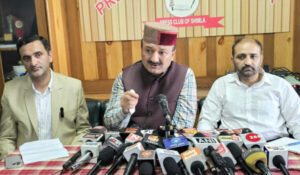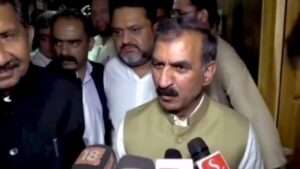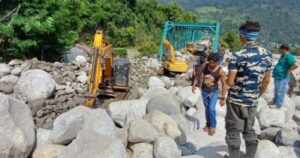G20 Can Save Sri Lanka Crisis in 2023
In February, the finance ministers of G20 countries met to discuss the challenges facing the global economy. It was a missed opportunity to help Sri Lanka, a country on the front line of the debt crisis that has enveloped dozens of nations around the world in recent years.
While it recognised the urgency to address debt vulnerabilities globally, and looked forward to a swift resolution to Sri Lanka’s debt situation, no concrete commitments were made or actions taken.
- The G20 countries include Sri Lanka’s main bilateral creditors including China, India, Japan and South Korea as well as influential members of multilateral creditor organisations, including the United States and European nations.
- If this group collaborated effectively, it could make debt relief available to Sri Lanka, and strengthen the protections of peoples economic and social rights during a moment of crisis.
- Because while the news cycle may have moved on, Sri Lanka’s economic crisis is still raging and having a devastating impact on people.
- High inflation and limited social protection, combined with difficulties accessing essentials like food and healthcare, are exacting a heavy toll on their lives and rights.
- According to the World Food Programme, for example, one in three households was food insecure in December 2022.
- Prospects for 2023 are also not encouraging a quarter of people are projected to remain in poverty, and according to the World Bank, a significant economic contraction is likely.
CURRENT SITUATION IN SRI LANKA
Sri Lanka’s government is currently engaged in complex debt negotiations, which are vital to access financial support from the International Monetary Fund.
- However, the terms of the IMF agreement required sufficient assurances of debt restructuring and relief from Sri Lanka’s creditors before the loan was finalised and money disbursed.
- While IMF financing may be the reason Sri Lanka’s debt is in the news today, creditors should focus on resolving debt so economic and social rights can be better guaranteed.
- Past IMF programmes have included conditions which had adverse human rights impacts, such as cuts in public spending and other austerity measures.
- Workers in Sri Lanka recently went on strike against measures the government implemented to purportedly secure IMF financing, such as increased taxes.
- Sri Lanka’s debt negotiations are complicated for several reasons, including the range of parties involved. Sri Lanka’s creditors cannot only be guided by their commercial or national interests.
- As an Amnesty International report on Sri Lanka’s economic crisis from October 2022 noted, international financial organisations, multilateral developmental banks and private corporations have obligations and responsibilities to respect international human rights.
- As these negotiations progress, debt restructuring and relief should enable Sri Lanka to service its external debts without compromising its capacity to fulfil its human rights obligations, and guarantee peoples economic and social rights.
- All options for debt relief should be on the table, including debt cancellation if necessary.

Kumud Sharma is the First Well-Known Female Journalist of the Journalism World of Himachal Pradesh. I am the Founder, Editor in Chief, Managing Director, Promoter of DiaryTimes. As a Female Journalist, With My Experience of More Than Nine Years, I Tell You Every News of Himachal Pradesh From The Ground Level With Absolutely Accurate and Correct Information, Be it the Politics of Himachal Pradesh or the Ground Reality, My Perspective On Every News Will Give You Assurance. I Assure You That Every News of Mine Will Comply With the Expertise and Fact Checking Policy.








